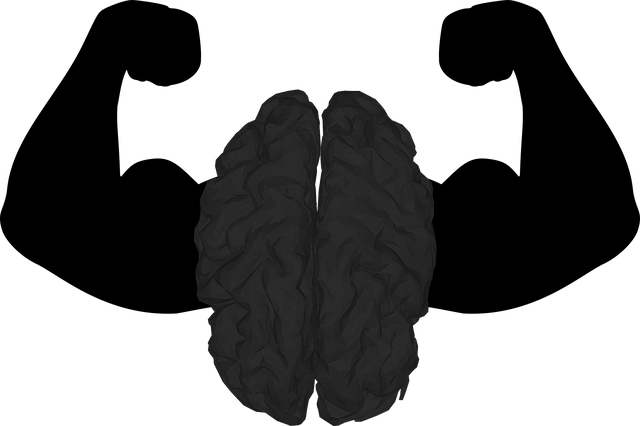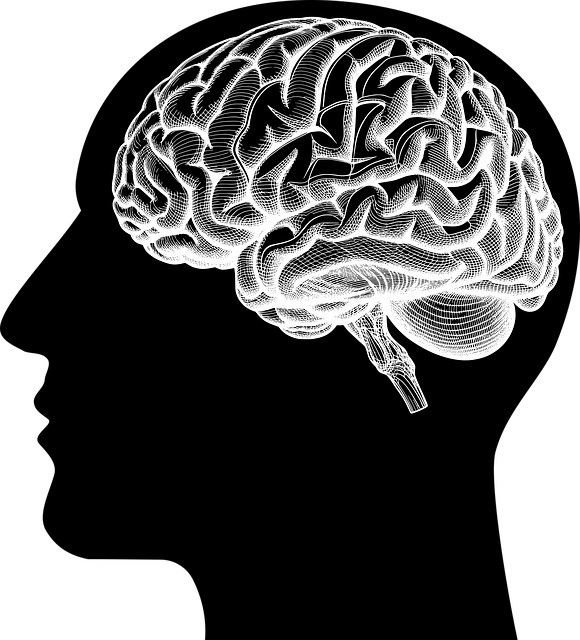Mental health risk assessment requires a holistic approach, considering individual vulnerabilities and systemic factors like social determinants of health and cultural backgrounds. Golden Codependency Therapy (GCT) offers a strategy for professionals to navigate risks by addressing codependent behaviors, advocating for policy changes supporting mental wellness, and prioritizing self-care. Integrating GCT and practices like setting boundaries, exercise, diet, and mindfulness improves resilience, mitigates burnout, and fosters a sustainable ecosystem benefiting both practitioners and clients.
Mental health professionals constantly navigate complex emotional landscapes, making them vulnerable to burnout and secondary trauma. This article delves into the critical aspect of risk assessment within this field, focusing on identifying potential hazards and vulnerabilities unique to mental health practice. We explore Golden Codependency Therapy as a transformative framework for mitigating risks and fostering resilience. Furthermore, we provide best practices for effective risk management strategies, empowering professionals to thrive in their noble pursuit.
- Understanding Risk in Mental Health Practice: Identifying Potential Hazards and Vulnerabilities
- Golden Codependency Therapy: A Framework for Mitigating Risks and Promoting Resilience
- Strategies for Effective Risk Management: Best Practices for Mental Health Professionals
Understanding Risk in Mental Health Practice: Identifying Potential Hazards and Vulnerabilities

In mental health practice, understanding risk goes beyond mere recognition; it involves a meticulous identification of potential hazards and vulnerabilities unique to each client and their context. Professionals must be adept at navigating complex emotional landscapes, where factors such as past trauma, substance abuse, or co-dependent relationships can significantly impact recovery. For instance, Golden Codependency Therapy emphasizes the importance of recognizing unhealthy interdependence, which, if left unaddressed, could exacerbate existing mental health issues.
A comprehensive risk assessment involves scrutinizing not only individual client factors but also systemic influences like social determinants of health and cultural backgrounds. Mental Health Policy Analysis and Advocacy plays a crucial role here by shedding light on societal barriers and promoting policies that support mental wellness. Self-care practices are also integral to mitigating risks; professionals must prioritize their own mental health to effectively support others, ensuring they are equipped to handle the inherent challenges of their work.
Golden Codependency Therapy: A Framework for Mitigating Risks and Promoting Resilience

Golden Codependency Therapy (GCT) offers a powerful framework to navigate the complexities of risk assessment for mental health professionals while fostering resilience. This therapeutic approach recognizes that mental health practitioners often face high-stress environments, demanding relationships with clients, and potential risks to their own well-being. By addressing codependent behaviors, GCT equips professionals with essential tools to maintain healthy boundaries, manage stress effectively, and enhance self-care practices.
In the context of Risk Assessment for Mental Health Professionals and Mental Health Policy Analysis and Advocacy, GCT promotes a proactive approach. It encourages practitioners to prioritize their mental health as a strategic component of professional development, ultimately enhancing service quality. Moreover, by boosting confidence through therapeutic techniques, GCT enables professionals to advocate for their needs and create supportive work environments, thereby mitigating risks and fostering sustainable career satisfaction.
Strategies for Effective Risk Management: Best Practices for Mental Health Professionals

In the realm of mental health professional practices, effective risk management is paramount to ensuring both client well-being and practitioner resilience. A key strategy involves integrating self-care routines for better mental health into daily workflows. This includes setting clear boundaries between work and personal life, engaging in regular exercise, maintaining a balanced diet, and cultivating mindfulness practices to mitigate stress and anxiety relief. By prioritizing their own mental health, professionals can enhance their ability to provide quality care, reduce burnout risk, and navigate complex client situations with greater equanimity.
Complementing these self-care practices, mental health professionals should also familiarize themselves with the nuances of mental health policy analysis and advocacy. Staying informed about relevant policies and advocating for changes that support both practitioners and clients can create a more sustainable and responsive ecosystem. For instance, Golden Codependency Therapy offers a unique lens through which to understand and address interdependent relationships, fostering healthier dynamics within therapeutic settings. By combining robust self-care with policy-driven advocacy, mental health professionals can maximize their impact while minimizing potential risks.
Mental health professionals, by embracing strategies like Golden Codependency Therapy, can effectively navigate the complexities of their field. This therapeutic framework equips practitioners with tools to identify and mitigate risks, fostering a resilient environment for both patient care and personal well-being. Implementing best practices outlined in this article is essential for professionals to enhance their risk management skills, ultimately ensuring safer and more beneficial mental health services.














